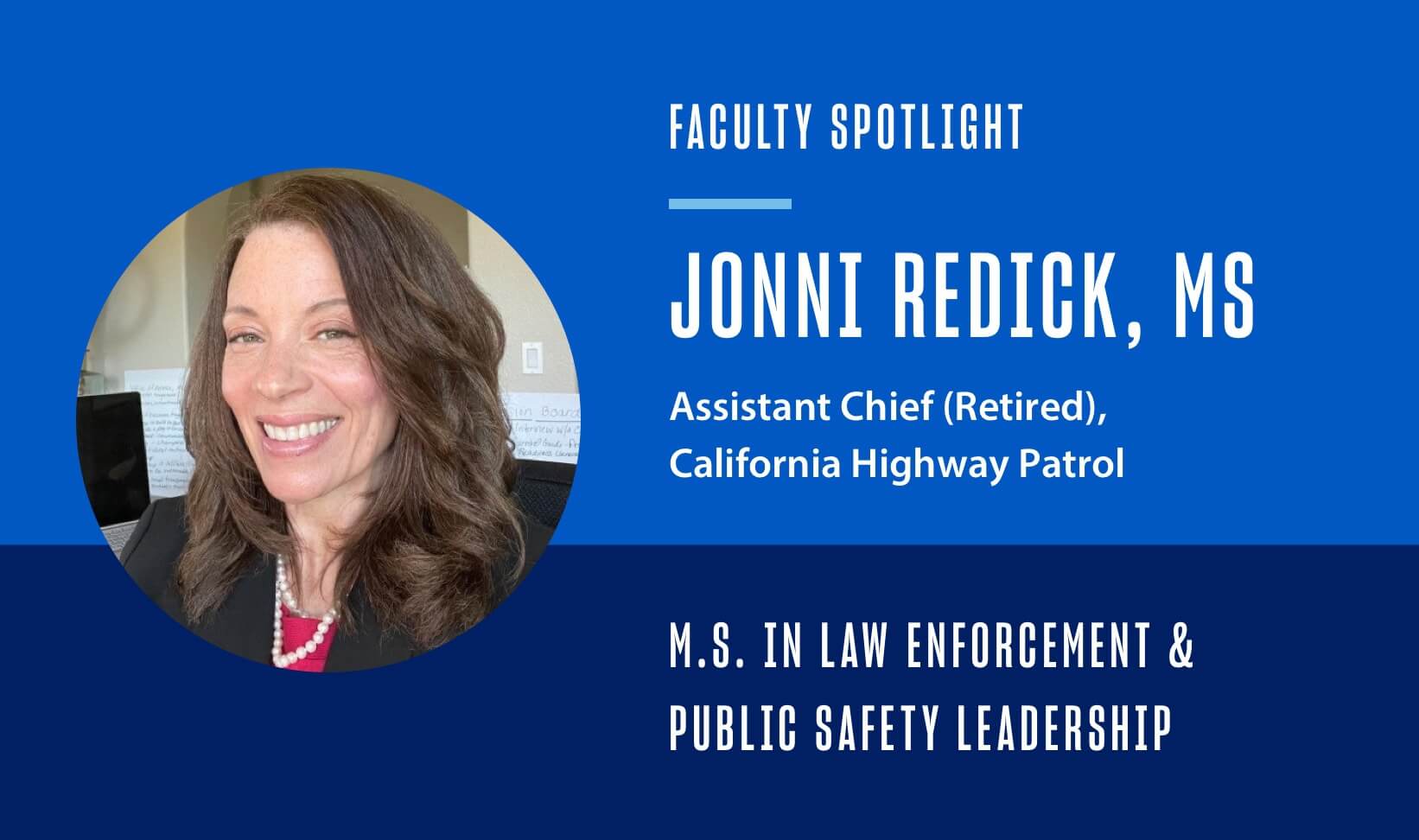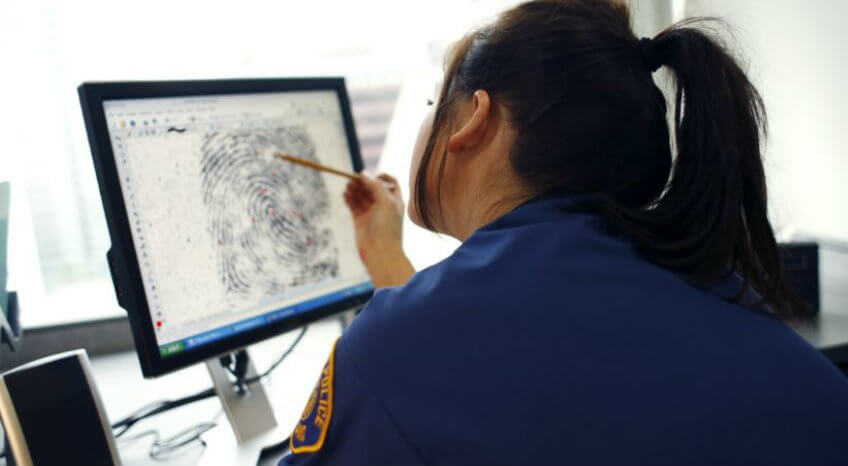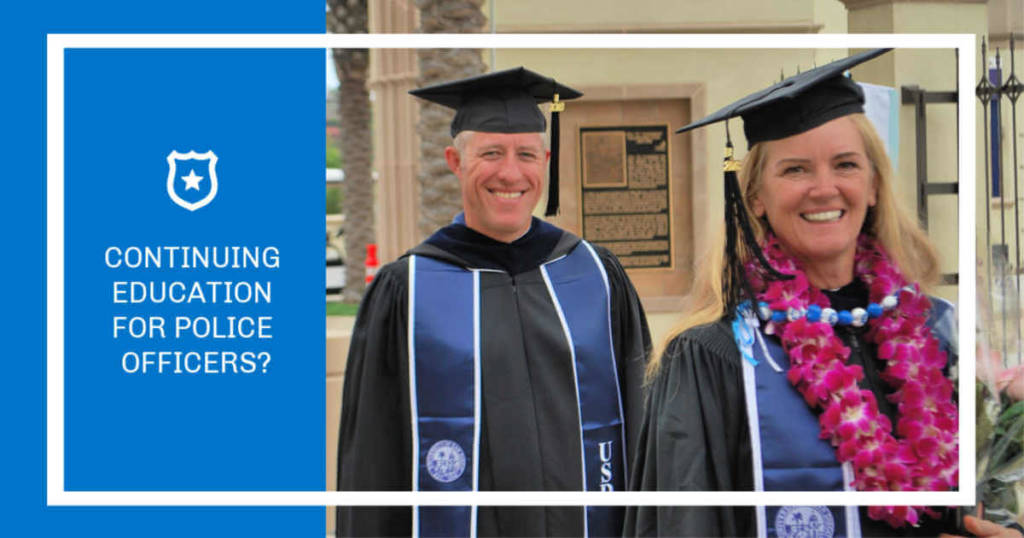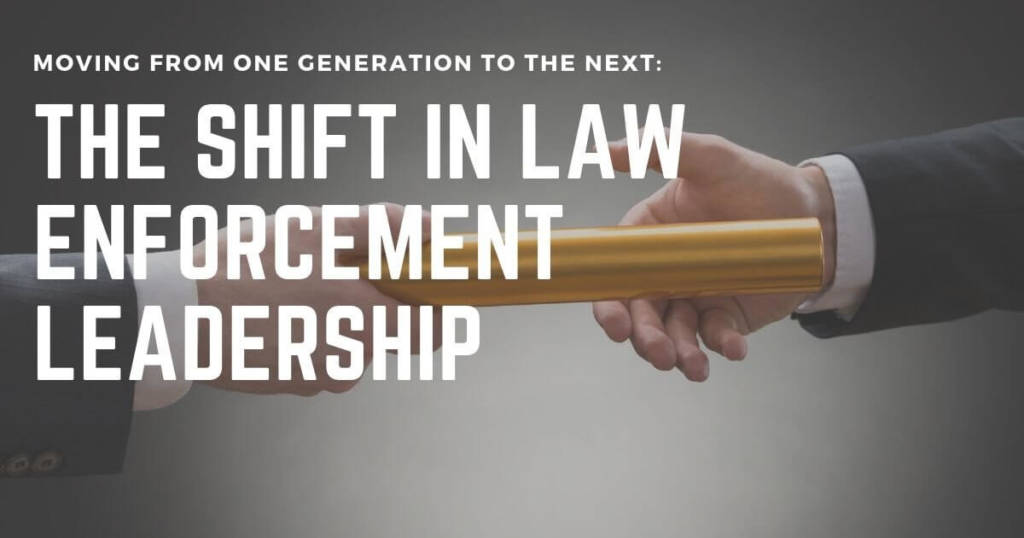It’s not hard to be impressed by Jonni Redick’s long list of accomplishments. Starting as a county clerical worker, her 29-year career with the California Highway Patrol (CHP) led her to break through the less-than-one-percent ceiling to become an African American woman in executive leadership as an Assistant Chief with the CHP.
Now retired from the CHP, Jonni has continued to follow her passion for leadership consulting and teaching in her new roles as author, public speaker, leadership coach and instructor with the MS in Law Enforcement and Public Safety Leadership (MS-LEPSL) program at the University of San Diego.
Jonni leverages her unique experience in law enforcement and business to educate and advise on the responsibilities of leadership, as well as champion inclusive excellence in public safety, government, education and business.
In addition to being on the LEPSL faculty, you are a national chair of the National Organization of Black Law Enforcement (NOBLE), member of National Association of Women Law Enforcement Executives (NAWLEE) and involved with many other professional organizations. What are your goals in being so active with these organizations?
“My goal in being a part of those groups is to contribute to a community and network that I know that I’ve benefited from over the decades of my career — for mentoring, coaching, connectivity and opportunities. It’s important to me to be a part of that and give back.
“I want to continue to be a part of making contributions to people and social change. I appreciate the opportunity to provide greater education and awareness to not just law enforcement professionals, but all kinds of stakeholders that we are tied to at the federal, state and local levels.
“For women working in law enforcement, we didn’t have communities or places to go and lean in to each other, the way people lean in to us today. So organizations like these are extremely significant for women like myself now — and definitely for women who are younger, coming up in their careers, uncertain, facing real issues and barriers, including those that they may impose upon themselves. It drives my passion and my purpose.”
Are there any unexpected qualities you have observed in successful law enforcement leaders?
“There is something I would encourage everyone to consider in their leadership, and that’s the ability to have institutional agility. Law enforcement is changing and evolving so much. As leaders, we have to be very institutionally agile to adapt and to help our people adapt.
“I also want to emphasize the importance of intellectual humility and intellectual curiosity: remaining open and curious and asking really good questions. I think I get a lot from asking questions and allowing for creativity, innovation and seeing other ways we can do business. We can learn so much from others, if we ask questions and practice active listening.
“Unfortunately, I also see leaders who don’t want to be agile, who don’t want to adapt, and they pass that on to their teams and their staff. They have this behavioral resistance to a more positive approach to making adjustments. We have leaders who are still struggling to show emotional intelligence, empathy, intellectual humility and curiosity. But embracing those qualities creates such a dynamic, robust, healthy organizational space where your employees want to stay engaged and they’re more satisfied. Those are things that I would like to see and cultivate in more leaders.”
[DOWNLOAD] How a Master’s Degree Can Help Take Your Law Enforcement Career to the Next Level >>
In interviews and speaking engagements, you discuss topics not often associated with law enforcement — for example, empathy, emotional intelligence and artistry. Could you expand on the idea of artistry in police work?
“When I think about law enforcement culture and frameworks, I think about how we are very institutional. We are very linear in our thinking. But the way we’ve always done things can limit our creativity and our innovation. So the ability to be artistic or use artistry allows us to introduce more of that nonlinear thinking, especially when we are problem solving. This could apply as effectively to strategic planning as to addressing morale or performance issues.
“We stay inside of a box a lot of the time, but practicing artistry allows us to explore other things that we might not have thought of. It allows us to hear from people who think differently, and it’s on us to have the intellectual humility to be able to receive information that we thought we knew, but we don’t know. So that’s what I mean by the word artistry.”
You often speak on the importance of representation and inclusion in law enforcement. Can you share some of your perspective?
“Sometimes when we’re in a room where almost everybody looks like ourselves, we are really not even cognizant of what anybody different from us feels like because that room doesn’t feel different. We have to be very intentional about understanding that, for people who don’t look like you, they’re experiencing something different.
“When we start talking about equity and inclusion, we have to look at how we’re going to be integrating not only the conversations, but possibly policy changes to our systems. We need to be systemically aware of the things that are going on internally that affect our people, but also externally in how we are presenting ourselves.
“In law enforcement, the people we serve expect us to be a reflection of the populations in our communities. So inside the department, we really have to look at our social consciousness — how we can create that psychologically safe space for all people to speak about things that are affecting them in their experiences at work, and how we can make them feel included.
“We’ve got to remember that this is not just about physical attributes – it is also about recognizing people have different lived experiences. You and I can be the same race and gender, but we both have a different walk of life. As leaders, we need to be open to acknowledging that and understand that it will be uncomfortable. And we can handle that discomfort with grace, with an open mind. And hopefully with some of that artistry as we become creative in navigating how to move forward.”
What do you think your story means for women who aspire to positions of leadership in law enforcement?
“I think what my story means for women is that it’s all possible. If you see something for yourself in your future, as you create your vision boards and dream your dreams, know that it’s all possible.
“But also, part of my story is that it’s hard. It will be filled with tears, there will be disappointment. You’ll want to quit, you’ll want to give up, you’ll want to give in. You’re going to feel unworthy, unqualified. The journey gets lonely. And you can feel lost if you don’t find an anchor for yourself — if you don’t find the confidence, the competence, the capacity to be able to navigate the journey.
“I still have to navigate my own impostor syndrome quite a bit. I reflect — and then I look where I’m currently at. I had to develop mental toughness to survive the journey, and eventually be able to thrive. I think that’s what my story can do for others.”
[RELATED] The Importance of Promoting Women to Positions of Leadership in Law Enforcement >>
As an author, your writing emphasizes the importance of mentorship and coaching, as well as understanding the structure and processes of law enforcement promotion. What are the most important things readers will learn from your books?
“My first book, Black, White & Blue, is my personal story wrapped around leadership. It’s about my lived experience and the lessons that I’ve learned, but it’s also about how you can get from surviving to thriving. Sometimes you’ll feel very alone in rooms, you’ll feel unqualified and unworthy. But what you’ll discover is, if you’re really a champion — not only for yourself but a champion for others — that’s how you evolve in your leadership.
“When we get inside of ourselves, and we’re so worried about what people think about us, how broken we are, how messy we are —that’s when to start thinking about how we can serve others in our leadership. We talk about servant leadership and transformational leadership and ask ‘How can I better serve the people I lead?’
“It’s not that we can’t cry, and we can’t be broken, because we will and we are. But it’s how you bounce back, how to stand when you need to, because your people will need you to. Hopefully my book inspires people to see the hope — not only in themselves, but the hope in others, and think about how they will help them to find their own way in their journey.
“The Survival Guide to Law Enforcement Promotional Preparation was another labor of love. I didn’t have a lot of guidance on my professional career. So the Survival Guide is really just that — it’s a guide to help people in their pathway for promotion and professional leadership growth and development.
“I wrote the book because I wanted people to not have to feel like it was a secret, that certain cliques were the only people who got to have that information. No, you have it now too. And how are you going to execute? It’s up to you.”
Can you tell us more about your work as a consultant and leadership coach?
“The whole idea to start coaching and consulting came out of the Survival Guide. I began working with people who wanted to improve their leadership development, who aspired to change the quality of their own life by how they contribute at work.
“It became very personal. I didn’t necessarily want to be an entrepreneur or do anything that was going to make me too busy. I still wanted to have time for family and all of those things. But there was someone I mentored and coached along the way who said to me, ‘You know, you have no idea how you have changed the quality of life for not only me, but my family.’ They were their family’s first generation in law enforcement, first generation in this country, and they were going to be promoting to a middle management position.
“I knew I was helping people reach their dreams, their goals, their aspirations, helping them to be a part of something bigger, but I hadn’t thought about that implication of changing the quality of life for them and their family. Because as we know, as you move up in organizations, you also increase your income, which increases your opportunities outside of work. I felt like my gift was being used in a way that was shaping and qualifying people for the life that they were going to live. I just found it very powerful.”
In 2019, shortly after you retired, you earned your master’s degree from the very program in which you are now teaching. What inspired you to pursue the MS-LEPSL degree?
“I got my AA degree when my kids were small and I was working graveyard shifts; my Bachelor’s when they were a little bit older and I was a field Lieutenant with a very busy command — and I just didn’t have time to earn a master’s. At the end of my policing career, I thought, ‘I really want to do this because — why not?’
“I had heard about USD’s MS in Law Enforcement & Public Safety Leadership program. And there were a couple of other programs I considered as well. But what I loved about the University of San Diego, for one, is the rich legacy of incredible philanthropic contributions. The fact that it’s a Christian school — it gives me chills right now. The quality of education in a practitioner-based program meant that, even though I’m retired, I’m still going to be able to apply this because I planned to teach, coach and consult, and I’m still a mentor to so many people. It was all very applicable.
“As I was going through the program, I thought it was everything that I wished leaders in law enforcement understood that they needed. You could go get a master’s from a lot of places, but are you going to be able to apply it while you’re going through the classes? Where else would you get access to experts and leaders who have lived it and can help you navigate tough professional situations? For me, it was just a beautiful decision, and it fit.”
What advice do you have for current or aspiring law enforcement leaders who either want to promote or are preparing for life after policing?
“Assessing our emotional intelligence is important, but it’s also about assessing our emotional capacity — both the capacity to embark on the journey of the promotional process and exam, and that longer emotional capacity to handle leadership. It’s very difficult. It requires sacrifice and surrender.
“Allow yourself the grace that you won’t be perfect. If you stay in this career long enough, you have to build emotional readiness for that resilience so that you are not overly impacted when you get to the end of your career. There will be trauma that you’re going to carry your whole career and you’re going to carry it even after you retire. So determining how you can do that in a healthy way starts at the beginning, before you begin the promotional process.
“When I think about retirement, I would say it’s like going from having a fire hose of work to having a drip system in your garden. Your career becomes your identity to a degree, if you’ve allowed it to over the years. But it helps if you keep a healthy balance of good friends outside of the profession, if you have faith, get involved in other activities — really have a plan for what you want to do when your next season of life is in front of you.
“In retirement, you get to choose the healthy boundaries that will help you continue to thrive. Don’t try to run off to other full time jobs unless that’s what you really want to do. But if not, it’s okay. The beauty is that you get to choose.”
[RELATED] Hear More About Jonni Redick in Her Own Words in Episode 13 of Our Blue Leadership Video Podcast >>




